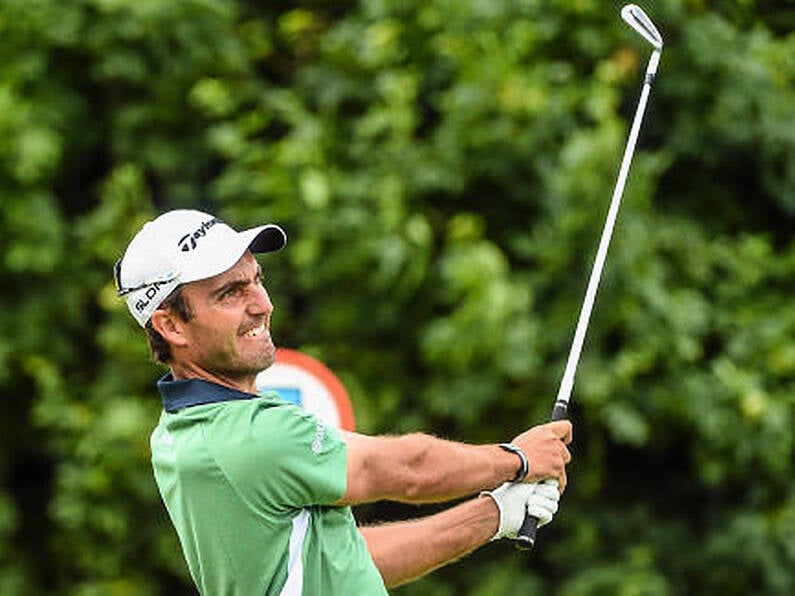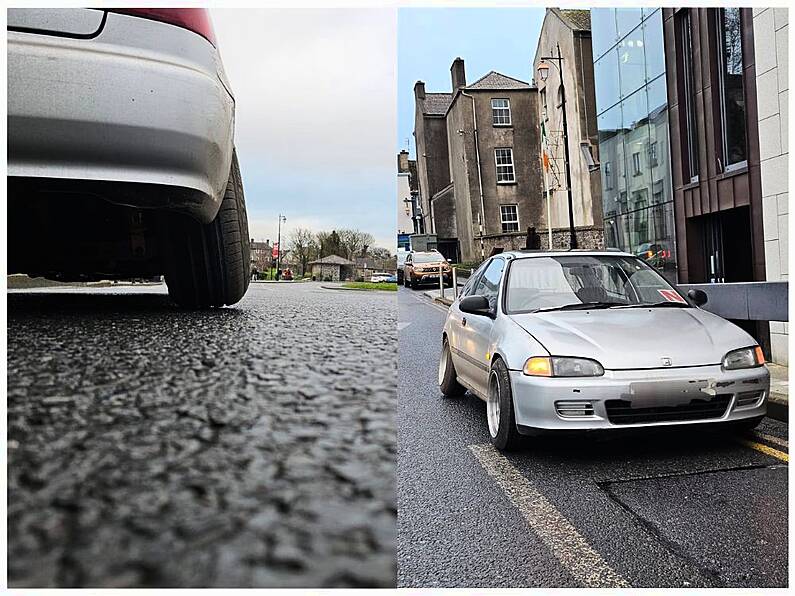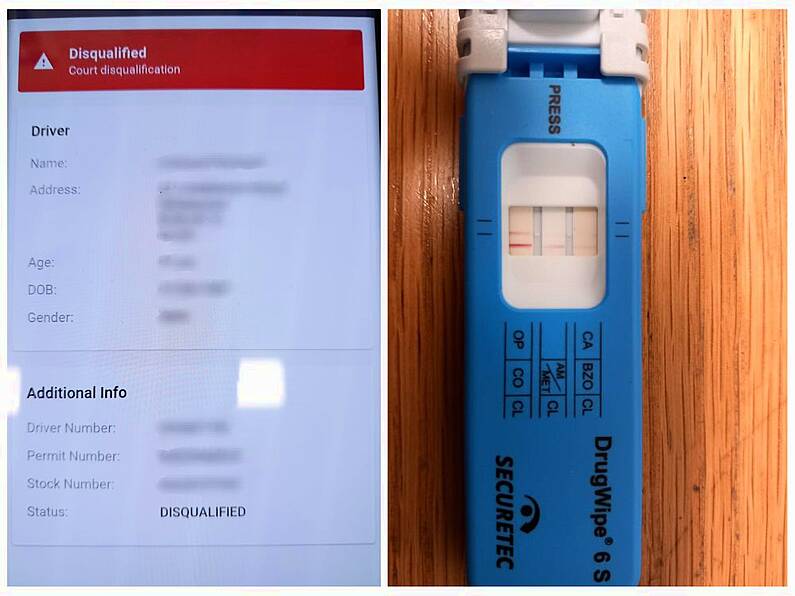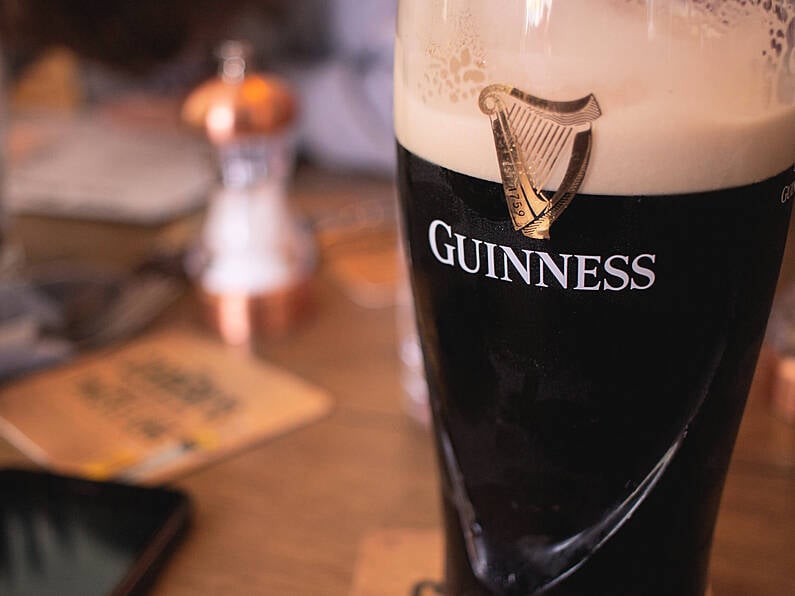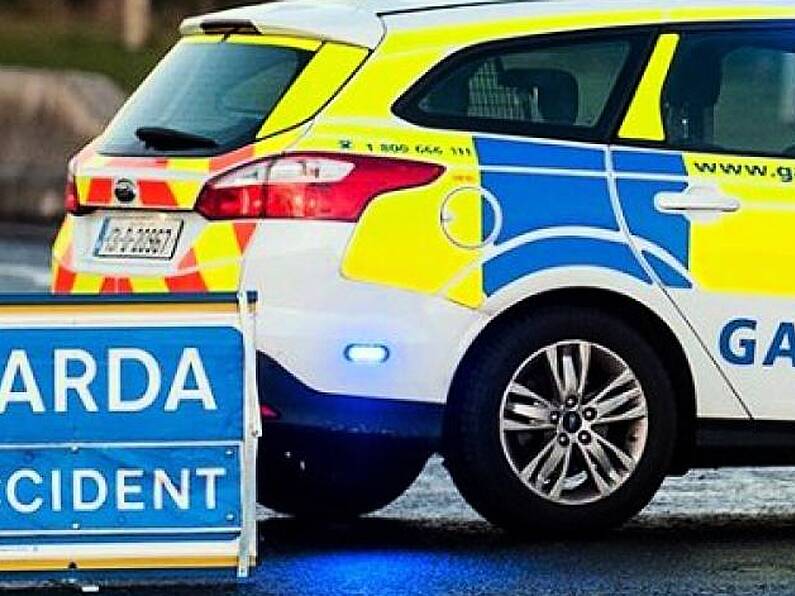Edoardo Molinari’s decision to name and shame players was the catalyst behind the European Tour’s slow-play crackdown, according to chief executive Keith Pelley.
The European Tour announced a four-point plan to tackle slow play on Monday, including a shortened process before players are handed a one-shot penalty.
Financial penalties will also be increased for players who are regularly timed by officials during the season, while members will have to pass an online rules test and field sizes in fully sanctioned events will be reduced from 156 to a minimum of 144.
Molinari had taken to social media to express his frustration after his second round in April’s Hassan Trophy took five and a half hours to complete.
After the original post gained a lot of attention, Molinari said if it was retweeted more than 1,000 times he would release the full list of players who had been timed, how many breaches they had committed and how much they had been fined.
The former US Amateur champion was true to his word and published the data, even though his brother Francesco, the 2018 Open champion, was among the offenders.
“I spoke to Edoardo shortly afterwards and while I didn’t necessarily agree with his chosen method, he was entirely right to confront the problem and it prompted a discussion at the next Tournament Committee meeting, held at the Betfred British Masters in May,” Pelley said.
“Thankfully, our Tournament Committee shared Edoardo’s belief that enough was enough, and they were prepared to make some hard decisions, accepting the need to be more punitive.”
While accepting that weather conditions, course set-up and the number of players can contribute to slow play, Pelley added: “Slow players, on the other hand, have become increasingly prevalent and problematic in our game in recent years, to the extent that we risk fans, both core and casual, switching off if we don’t do something about it.”
The slow play debate turned personal recently as Bryson DeChambeau came in for stinging criticism from fellow professionals after taking two minutes and 20 seconds to hit a putt during the second round of The Northern Trust.
However, the European Tour’s four-point plan stemmed from that committee meeting in May and was approved following another in July.
“Our players have shone a spotlight on this topic and this is now the lightbulb moment for our sport, but it is incumbent on all of us involved in golf to act,” Pelley added.
“The main Tours and four major championships have begun dialogue, but as the most powerful entities in global golf, we have to be united and consistent in fighting this battle if it is one we are to win.
“I do believe that with technology advancements down the road, there will come a time in the very near future when we will be able to time every player, on every shot, on every hole.
“Until we are all ready from a technology perspective, our four-point plan has decisive, concrete action on how we can combat this issue right now.”
